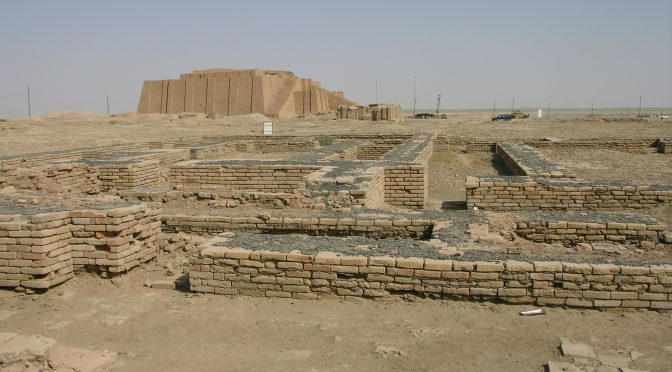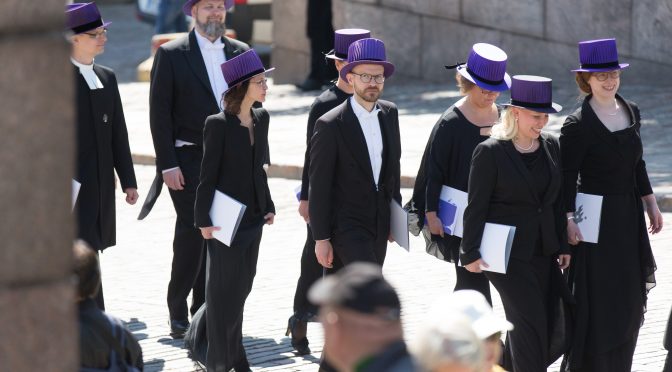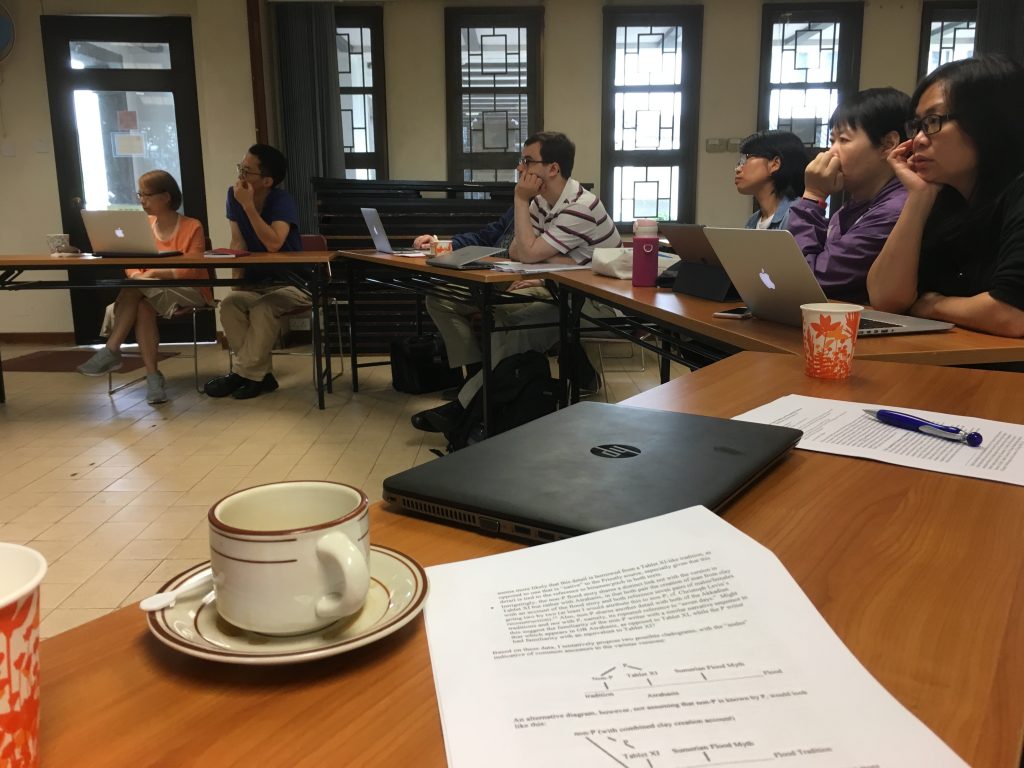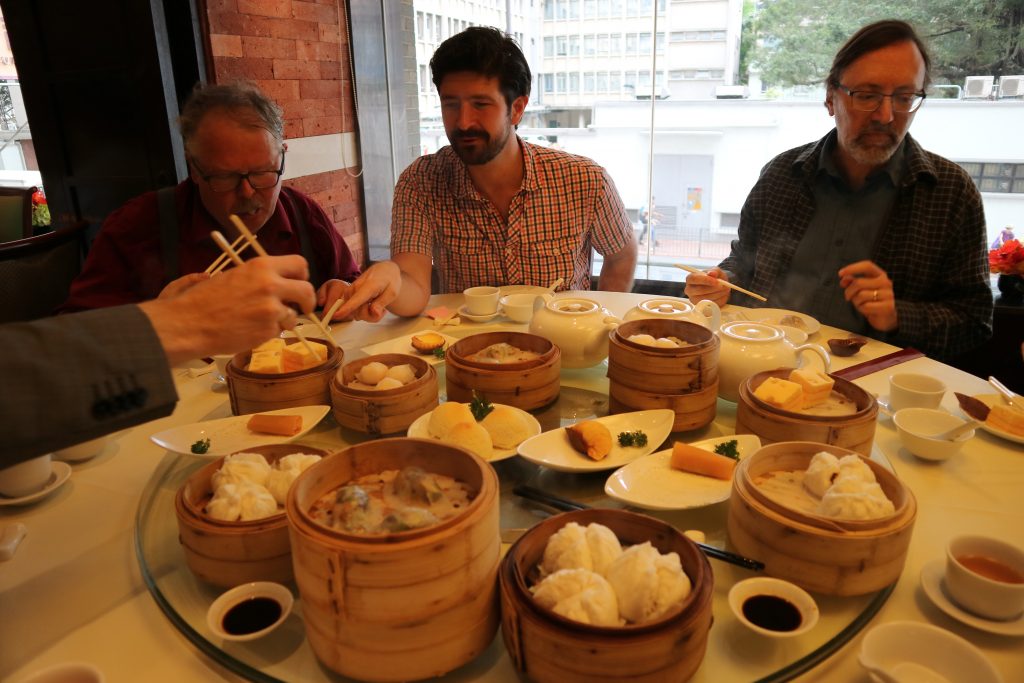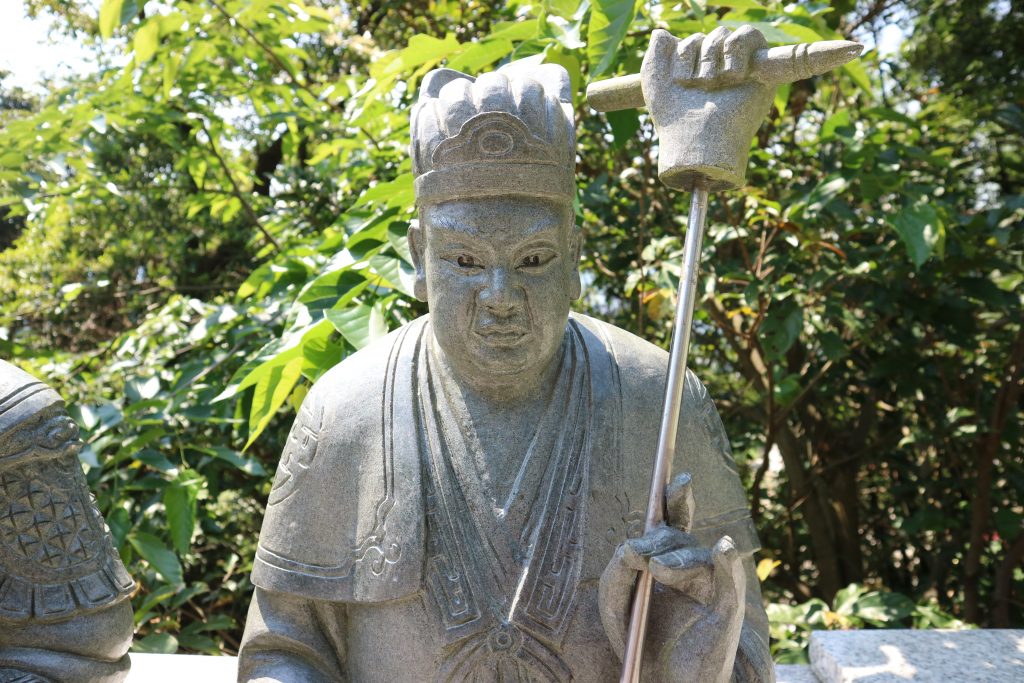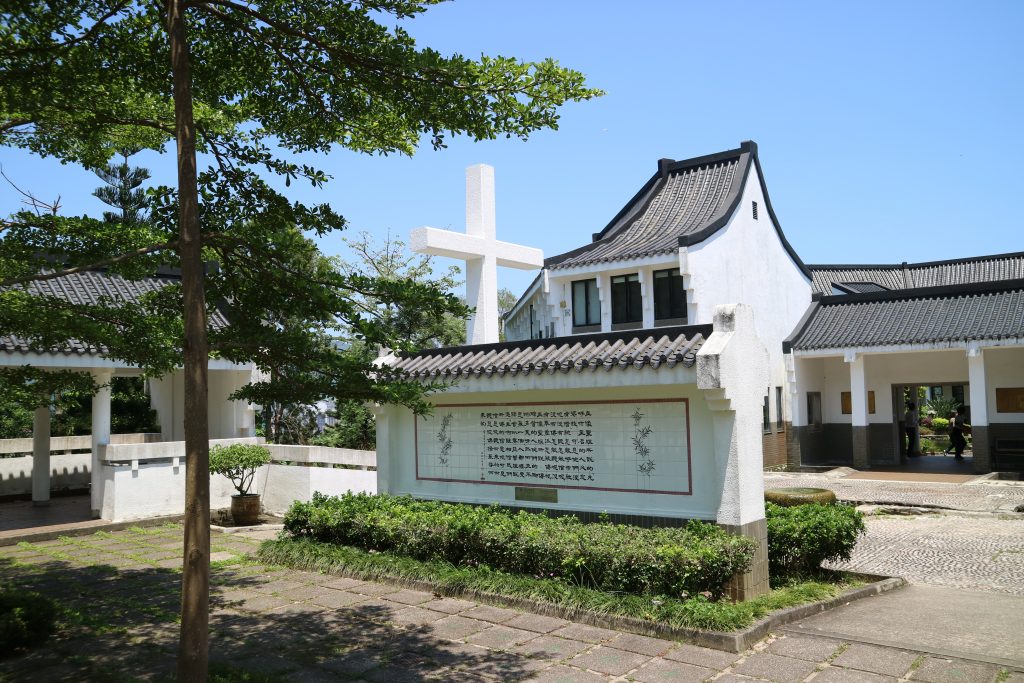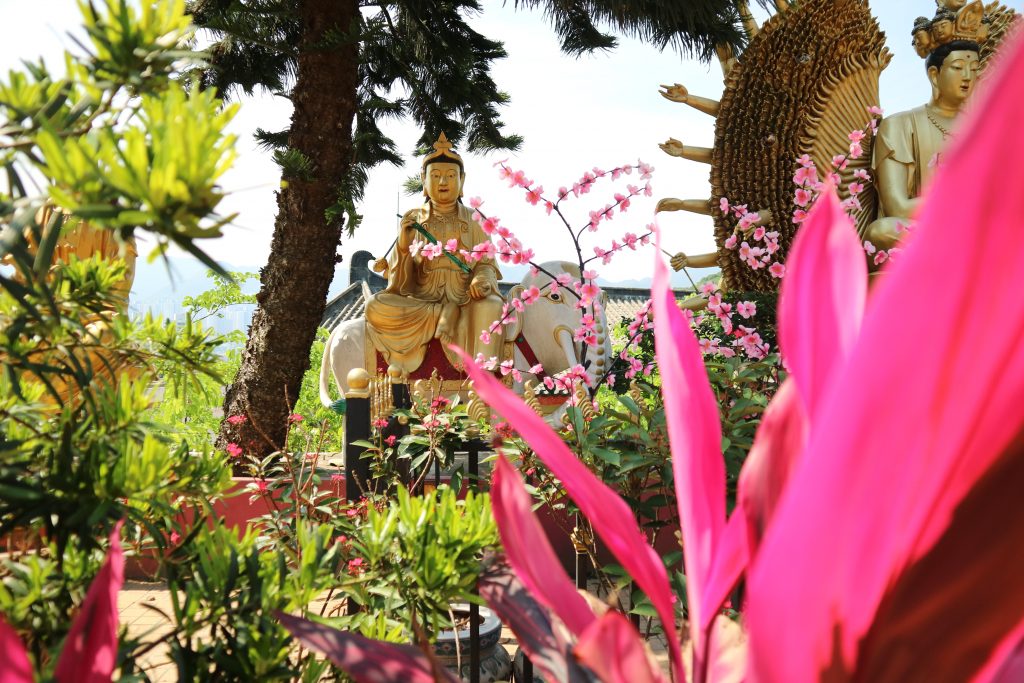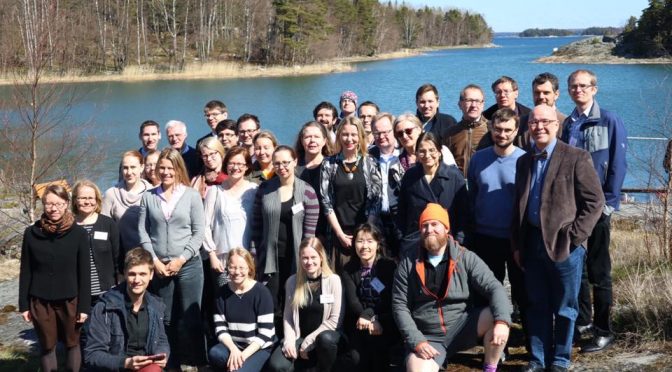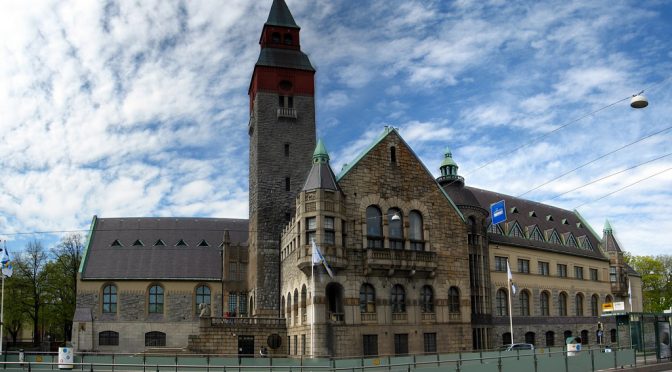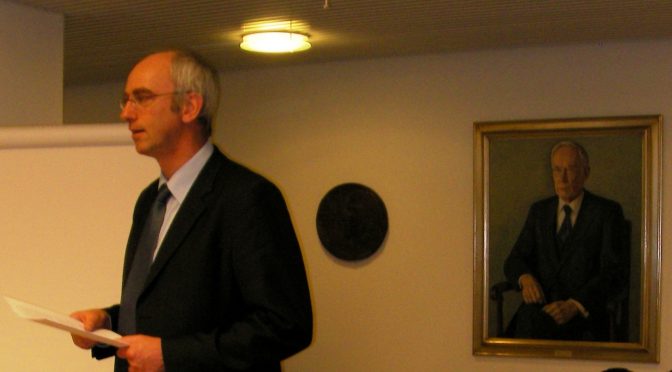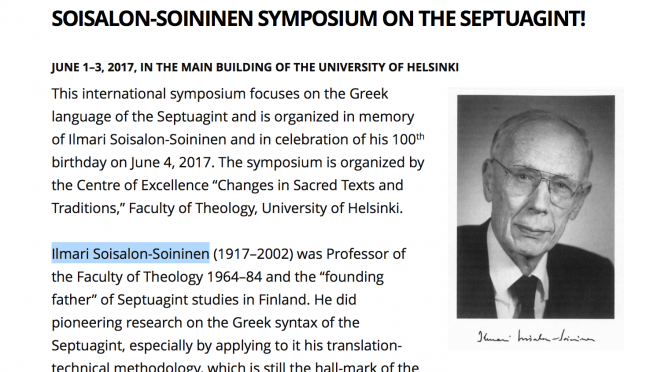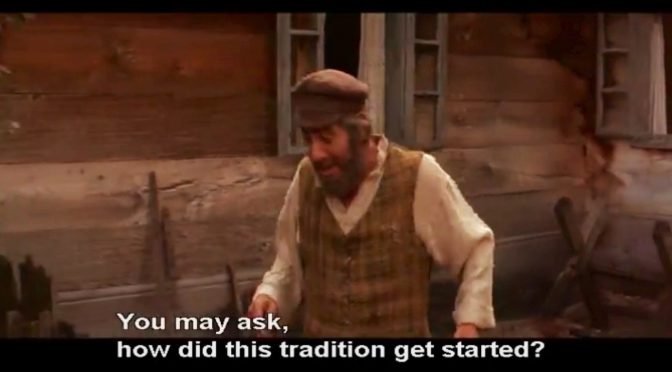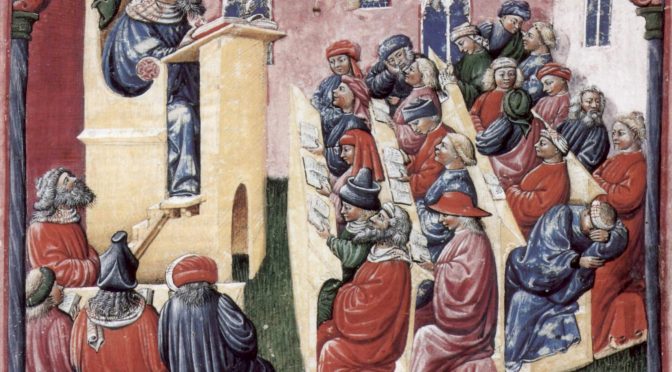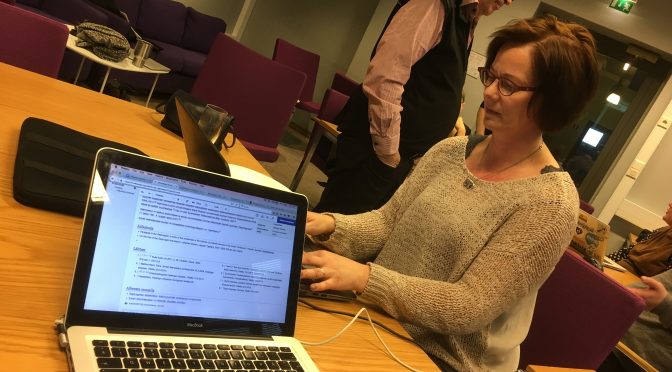Location: Tvärminne, May 10-13, 2017
Wednesday, May 10
4:00 – 5:00pm: Jessi Orpana, Plenary Session on Defining ‘Tradition’
Session 1 (Keynote 1)
5:00 – 7:00pm: Eva Mroczek (UC Davis)
“Censored and Salvaged: Theories of Scriptural Survival in Ancient Judaism and Christianity”
[Responses by four teams with discussion, moderated by Jutta Jokiranta, Helen Dixon, Ville Mäkipelto, and Miika Tucker]
7:00 – 8:00pm: Dinner
Thursday, May 11
Session 2: (Keynote 2; Chair Katja Kujanpää)
9:00 – 11:30pm: Seth Sanders (UC Davis)
“Memory Without History, Art Without Intention: The Unique Problem of Pentateuchal Tradition” [Reinhard Müller and Hanna Tervanotko, respondents]
12:00 – 1:00pm: Lunch
Session 3: Scribes and Other Cultural Transmitters
1:00-2:00pm: Martti Nissinen, “CSTT Seen through Scribal Culture” (discussion)
2:00-3:00pm: Raija Mattila, “Your First Day at School (in Mesopotamia)” (workshop)
3:00 – 3:30pm: Coffee break
Session 4: Ritual (Chair Tero Alstola)
3:30-4:15pm: Gina Konstantopoulos, “Tradition and Transmission in Mesopotamian Incantations” [Timo Tekoniemi, respondent]
4:15-5:00pm: Jutta Jokiranta, “Transmission of Traditions in Rituals from Cognitive Science of Religion Perspective” [Ville Mäkipelto, respondent]
5:00-6:00pm: Helen Dixon, Ritual workshop – title TBD
6:00 – 7:00pm: Dinner
Friday, May 12
Session 5
9:30-10:30am: Jason Silverman, “Amateur Anthropology of Foreign Traditions” (workshop)
10:30-11:30am: Isaak de Hulster, “Female Form: Generally Human, Traditional, or Contextual?” (workshop)
11:30 – 11.45am: CSTT photo (Ville)
11:45am – 12:45pm: Lunch
Session 6: Gender (Chair Hanna Tervanotko)
12:45 – 1:30pm: Jessica Keady, “Troubling the Purity Tradition: The Positions of Idealism, Impurity, and Masculinities in the Dead Sea Scrolls” [Jessi Orpana, respondent]
1:30 – 3:00pm: Saana Svärd and Hanna Tervanotko, “CSTT, Gender, and Tradition” workshop [with Anneli Aejmelaeus, Francis Borchardt, and Rick Bonnie; Eva Mroczek and Seth Sanders, respondents]
3:00 – 5:00pm: Afternoon break
Session 7 (Chair Mika Pajunen)
5:00 – 6:00pm: Joanna Töyräänvuori, “Tradition and Modernity in Light of the Linear Theory of Social Change” (workshop)
6:00 – 7:00pm: Elisa Uusimäki, Panel discussion on postdoc projects
7:00 – 8:30pm: Dinner
Saturday, May 13
9:00 – 10:00am: Ville Mäkipelto, Blogging workshop
10:00 – 12:00pm: Session 8: Wrap Up
– Reflections by Helen Dixon, Christoph Levin, Eva Mroczek, Seth Sanders, and Martti Nissinen
– Team reports and plans + CSTT meetings discussions
12:00 – 1:00pm: Lunch and check out

